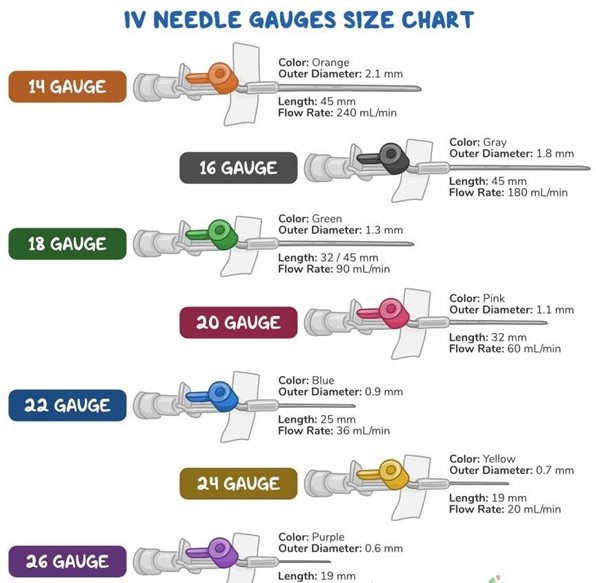A nurse is planning care for an adolescent who has sickle cell anemia.
Which of the following immunizations should the nurse include in the plan?
Pneumococcal conjugate (PCV13).
Rotavirus.
Measles, mumps, and rubella (MMR).
Respiratory syncytial virus (RSV).
The Correct Answer is A
The pneumococcal conjugate vaccine (PCV13) is one of the immunizations recommended for people with sickle cell anemia.
People with sickle cell disease are immunocompromised and have an increased risk of infection, so immunizations are an important part of their care.
Choice B is not the best answer because the rotavirus vaccine is not specifically recommended for people with sickle cell anemia.
Choice C is wrong because the MMR vaccine is not specifically recommended for people with sickle cell anemia.
Choice D is wrong because there is no vaccine for respiratory syncytial virus (RSV).
Nursing Test Bank
Naxlex Comprehensive Predictor Exams
Related Questions
Correct Answer is C
Explanation
Continuous swallowing can be an indication of hemorrhage following a tonsillectomy and adenoidectomy.
This is because the child may be swallowing blood that is coming from the surgical site.
Choice A is wrong because a blood pressure of 95/56 mm Hg is within the normal range for a 5-year-old child.
Choice B is wrong because a heart rate of 54/min is within the normal range for a 5-year-old child.
Choice D is wrong because flushing of the face is not an indication of hemorrhage following a tonsillectomy and adenoidectomy.
Correct Answer is A
Explanation
A 24-gauge catheter is the smallest-gauge catheter and is appropriate for administering IV fluids and medications to an infant.

Choice B is wrong because an opaque dressing would prevent the nurse from visualizing the insertion site.
Choice C is wrong because starting an IV in an infant’s foot can be painful and difficult to secure.
Choice D is wrong because IV sites should be changed every 72-96 hours or according to facility policy.
Whether you are a student looking to ace your exams or a practicing nurse seeking to enhance your expertise , our nursing education contents will empower you with the confidence and competence to make a difference in the lives of patients and become a respected leader in the healthcare field.
Visit Naxlex, invest in your future and unlock endless possibilities with our unparalleled nursing education contents today
Report Wrong Answer on the Current Question
Do you disagree with the answer? If yes, what is your expected answer? Explain.
Kindly be descriptive with the issue you are facing.
